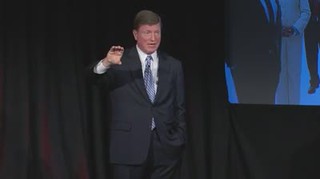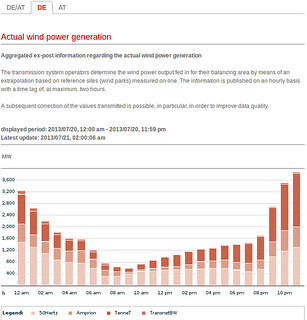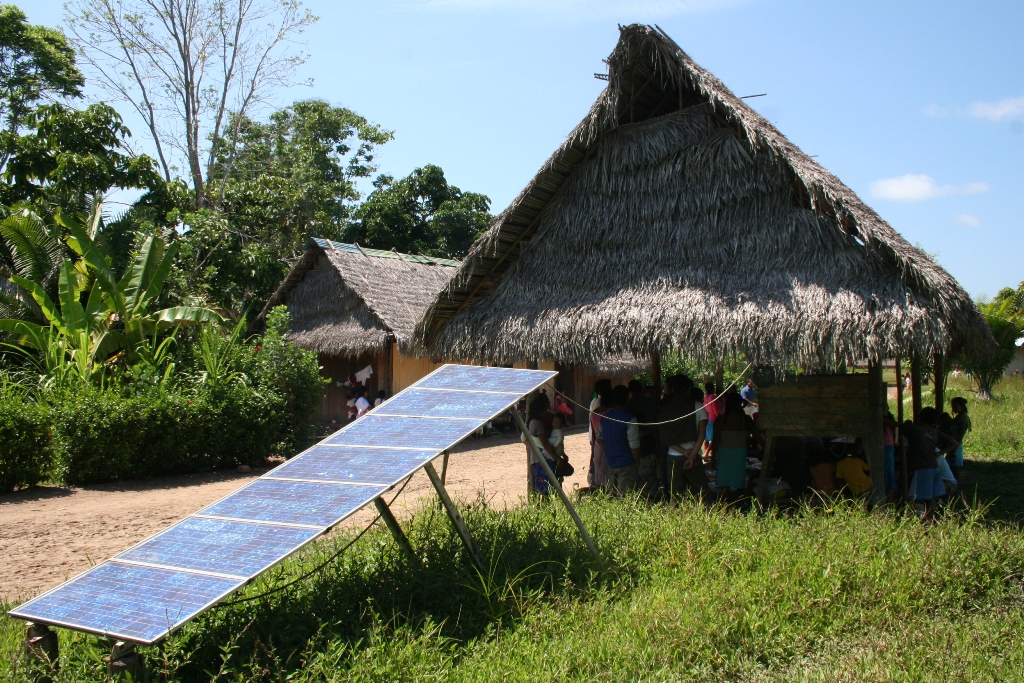If new nukes make no sense because of natural gas prices, they make even less sense with continually-dropping solar power prices.
Ray Henry wrote for AP yesterday, Regulator: New nuke plant now wouldn’t make sense,
If Georgia was starting from scratch, it would not build a nuclear power plant….
An analyst working for state regulators, Philip Hayet, said in written testimony that the total costs of building two more nuclear reactors at Plant Vogtle (VOH’-gohl) is more expensive than the next-best option, constructing natural gas plants.
Still, Hayet said it is cheaper in most scenarios to finish the nuclear plant rather than halt the project and instead build natural gas plants.
But it’s not cheaper to finish a nuke than to halt it and get on with wind offshore and distributed solar power throughout Georgia.
GA PSC didn’t publish Hayet’s calculations, using the old excuse of “they involve proprietary financial information from Southern Co. subsidiary Georgia Power”. But Edison Electric Institute didn’t need any proprietary financial information to compute that Continue reading











